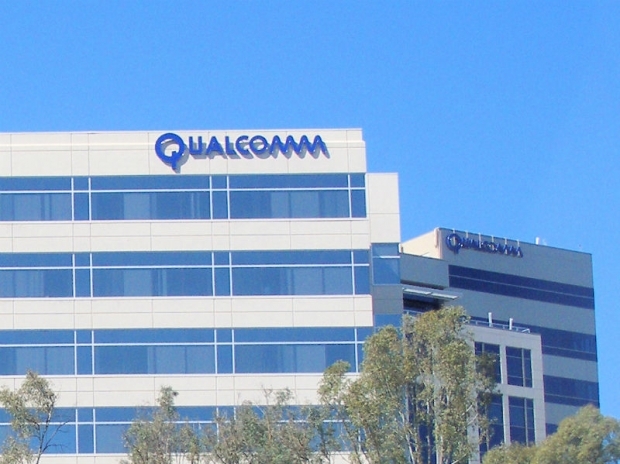The following statement was issued:
Qualcomm Incorporated (NASDAQ: QCOM) today received a Presidential Order to immediately and permanently abandon the proposed takeover of Qualcomm by Broadcom Limited (NASDAQ: AVGO).
A Presidential Order is a big deal in the US and under its terms, all of Broadcom’s director nominees are also disqualified from standing for election as directors of Qualcomm. So, the Trump driven government is not kidding.
Broadcom Limited (NASDAQ: AVGO) ("Broadcom") issued the following statement:
Broadcom is reviewing the Order. Broadcom strongly disagrees that its proposed acquisition of Qualcomm raises any national security concerns.
Qualcomm was also ordered to re-convene its 2018 Annual Meeting of Stockholders at the earliest possible date. Based on the required 10-day notice period, the new stockholders meeting is scheduled for March 23, 2018. All stockholders of record on January 8, 2018 will be entitled to vote at the meeting, but not for Broadcom nominees, as the government doesn’t want them to.
Kepp the crucial IP in US
As Fudzilla previous stated, the US government is concerned of giving crucial technology to the Singapore based company. Yes, we do know that Tan Hook, the CEO of Broadcom promised to take the company back to the US - the possible close ties between Singapore and China were too risky for the US government.
Qualcomm is clearly one of the leaders in 5G and when it comes to US based companies it will be Qualcomm and Intel trailing behind it with Apple having the only 5G mobile solution. US authorities are concerned that Huawei is a real player in 5G, is definitely close to China and the other 5G NR concerned, Samsung is definitely close to South Korea. Since the US government has already raised its concerns against Huawei, it is hard to believe that they would trust this company with the future of 5G.
China concerns
China has some global players that have changed the world. Let’s mention just a few like Baidu, Alibaba, and Tencent Holdings Limited (WeChat). China has Huawei - a company that can offer end to end 5G solutions and will enter many markets including its native China and big chunks of eastern Europe.
Qualcomm, is of course, not only about 5G, there are some world class ideas about touch servers/artificial intelligence/machine learning, mobile phones and ARM based Windows PCs, IoT, wireless communication, RF and front end as well as automotive, infrastructure, Medical and - most likely less advertised - military and governmental parts too. It is hard to understand how people at the street are clueless about the potential of Qualcomm, but that is another story all together. Time will teach these guys that there is a lot of great things coming from San Diego - so big that they can give both Intel and Nvidia a run for their money, even in AI and automotive.
Broadcom is a company that makes less splashier products and very conservative PR and marketing, but it has grabbed a large portion of the RF and wireless market. RF (Radio Frequency) is the part of the phone that takes care of multimode, multiband RF transceivers, RF Front End radio front-end components and many other antenna driven parts of the phones that don’t get enough attention in the media. Without RF, phones would not work on either WiFi, 2G, 3G, 4G.
Qualcomm will stay close to China based companies. It supplies its Snapdragon processors to many China based companies. The big six of China, Lenovo, Oppo, Vivo, Xiaomi, ZTE and Wingtech are committed to have Snapdragon powered 5G NR devices in 2019.
One can only hope that this is the final end of the saga and that both companies can continue their own separate ways.




